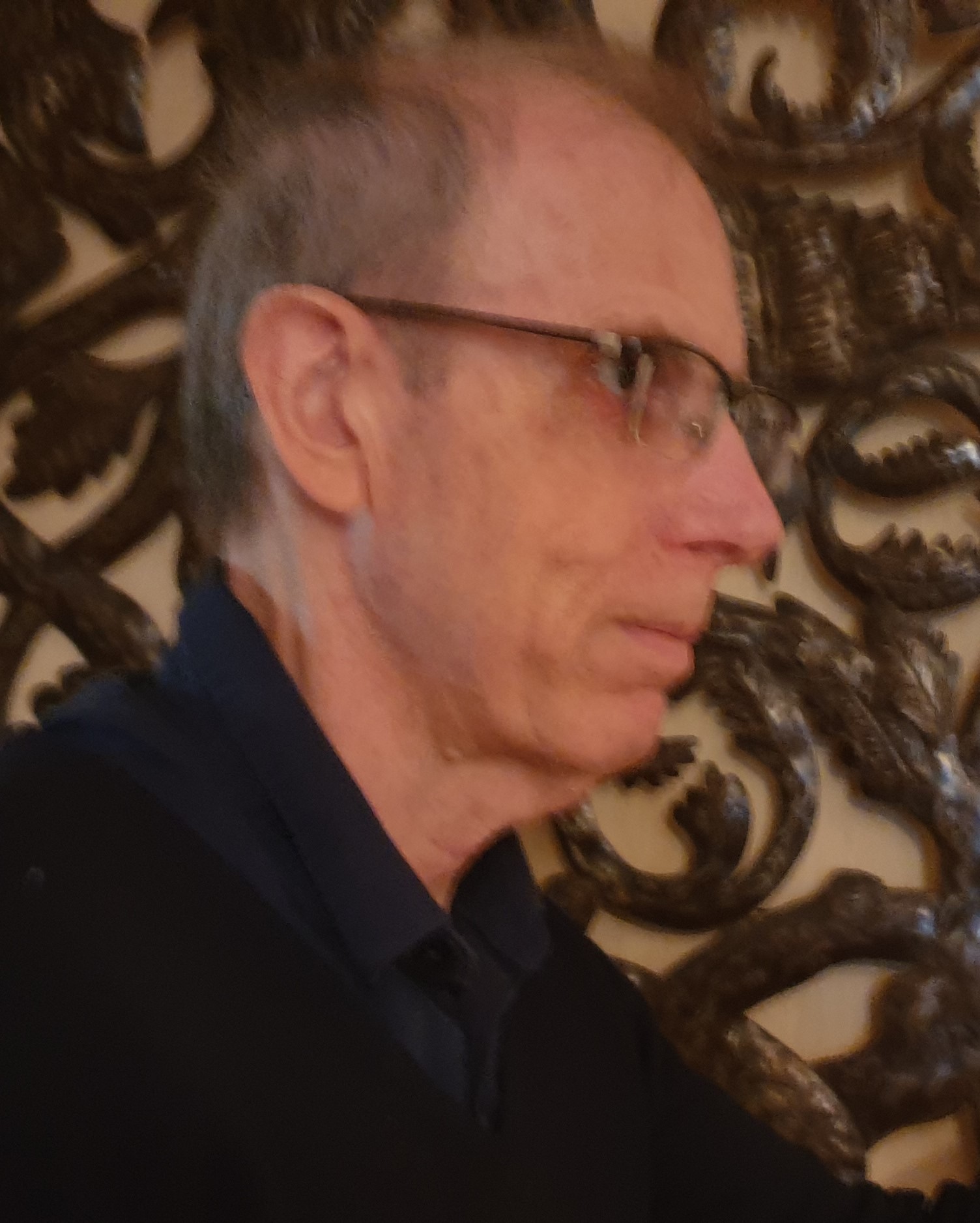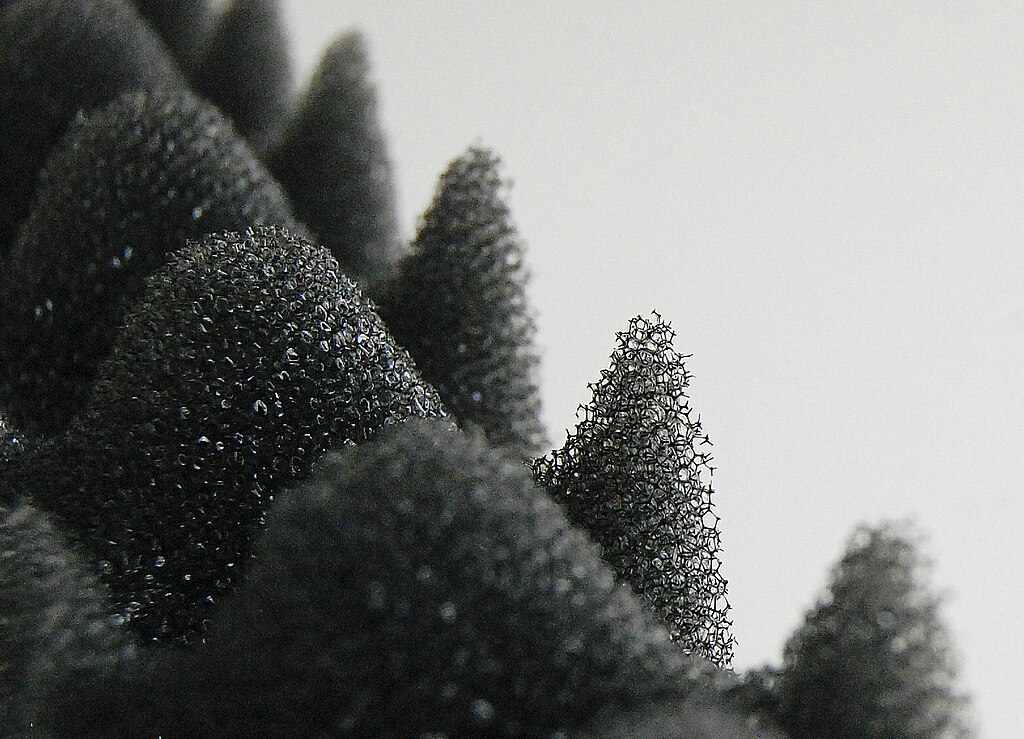In 2019, CY Initiative created five new Chairs of Excellence to further strengthen the attractiveness and competitiveness of the Initiative's research. These chairs help to develop scientific potential and visibility by attracting top-level researchers on cutting-edge themes. We had the pleasure of discussing with André de Palma, holder of the Senior Excellence Chair in Economics led by UMR CNRS 8184, on his career, his vision of research and his work.
Can you tell us more about yourself and your career?

I actually started my career as a physicist with a first thesis at the
Université Libre de Bruxelles under the supervision of the Nobel Prize in Chemistry (1977),
Ilya Prigogine, on the subject of complex thermodynamic systems of non-equilibrium. This was an exciting period; I was able to meet leading figures from both the research and the private world to exchange views on the problems of my thesis and more globally participate in rich discussions that allowed many ideas to emerge within an interdisciplinary group.
Once my thesis had been defended, I turned to a discipline that had interested me for a long time without really knowing what it was: social sciences. I joined the Department of Geography at McMaster University in Canada. I worked as a modeler and mathematician for geographers, and it was there that I was introduced to the social sciences and humanities. I was able to overcome the main obstacles to understanding a discipline: vocabulary and codes. We find and use the same words from one discipline to another, but their meanings change.
I then came back to Belgium to do research and obtain a degree in economics at the University of Louvain (CORE). It was clear to me that the best way to learn economics was to teach it. So I joined Queen's University in Ontario as a visiting professor of economics.
Then back in France, I presented a thesis in economics at the University of Burgundy and I went to the United States at Northwestern University where I was in fact between the engineering and economics departments. I taught interdisciplinary subjects such as urban economics or engineering value analysis (project evaluation).
The University of Geneva (HEC) then offered me a professorship in marketing which allowed me to pursue an idea I had: marketing had to be brought closer to economics and psychology. It was a rich teaching experience.
Then I came back to France, and for the first time in Cergy, in 1992 because I had heard about THEMA, which was at that time run by two people whom I respect a lot in the field: Robert Gary-Bobo and Alain Trannoy. They wanted to create a new research center by building a team in the area of public choice. And I think that one of the best teams in the world was built on this subject. It was an interesting adventure with a great team, young and dynamic.
Then I joined ENS Cachan (ENS Paris-Saclay) as an economics professor for about ten years, and then I came back to Cergy and joined CY Cergy Paris University as part of the Chair of Excellence.
What is your vision of research and its place in society?
Having lived in North America for about ten years, and having done a lot of my research there, I became a researcher with an open mind (I hope) and thus related activities that bring new elements to research via teaching and applied work. Researchers need to reach out to the world and its realities. These experiences can influence their research and provide opportunities for students.
Applying research often takes a long time. Once the research is finalized, 3 to 5% of the work is accomplished if we talk about practical applications. It is then necessary to put it into practice and see how it works in practical terms and adjust the model if necessary. This is very enriching for research and essential for an idea to be put into practice.
There is often a big gap between the researcher's formulation of a problem and its formulation in the "real" world and society. This link between research and society must develop so that the way the researcher formulates the problem is correlated with the problems that arise in our societies.
What research topics are you working on?
I've been working on the economics of transportation and mobility for several years now, with the following question as a cornerstone: what does an economist have to say on a subject besides what geographers or engineers have to say?
Well, the answer is simple: a lot of things. When building a road between point A and point B, the aim is often to save time and to propose a shorter route. And this is where the economist acts and asks the question of the “induced demand”: as a result, more people will take this faster route, especially those who never used to take it, because it was too long? And in the end, the journey time could be extended because of congestion. Will this investment therefore be profitable? What are the risks? Is there a need for regulation, pricing and special design?
All these questions have helped me to develop, for example, the concept of mobility permits. It involves distributing units ("tokens") to citizens to enable them to move around. Depending on their use of transportation and their mobility requirements, they would use a different number of units. For example, the idea is to create a differential between taking the highway at peak versus off-peak times. The aim is to make the polluter pay and to internalize the externalities of congestion (without perverse effects), while preserving equity.
Another of my other research topics is family economics: what is the organization of the family and its role in decision making? What is the decision-making process on questions such as: where do we live? It's a question of looking at the processes of "negotiation" and joint decisions at the heart of the family and understanding what factors explain decision-making (level of education, salary...). This is a key subject for companies and the State today.
I also work transversally on risk, which is a subject that can be found in my various research projects; I am also interested in industrial economics through discrete choice models. These are models that describe how individuals who face a discrete choice of alternatives act.
So what are the themes and issues of your research work under the Chair?
I am currently working on the problem of the impact of the Covid on people's preferences. It is a subject that is not very well defined. After this crisis, will people behave as before, or will they change their way of acting and choosing? In particular, I am working with the
Société du Grand Paris on the impact of the Covid on mobility in the Ile-de-France region today and in the years to come with regard to the investments made as part of the Grand Paris express. A subject at the meeting point of transport economics and family economics with a very present risk aspect.
On January 1, we started to work on the ANR Affinity project, which looks at the impact of a city's various public policies on families and their members (with University of Strasbourg, Nathalie Picad being the coordinator).

We will also measure the impact of public policies on the environment, for example by measuring the impact of the dezoning of the Navigo card on the price of Parisian real estate. The objective could be to set up a representative map of the environmental impacts and an energy balance of those environmental impacts to create an integrated transportation (METROPOLIS) and land use (URBANSIM) model. Quite a program! All this, of course, is impossible without the help of the younger generations, the cornerstone of research and the world of tomorrow. We currently collaborate with researchers in several countries: US, Canada, Italy, Belgium, Switzerland, Denmark and Iran. Research can only be international.

